Genetics
-
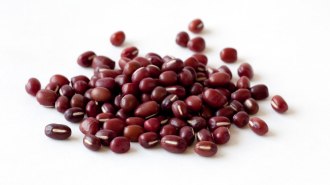 Genetics
GeneticsGenetics reveal the origin story of East Asia’s favorite sweet bean
The origin of red beans — also called adzuki — has been murky. A new study says Japan is where it all started.
By Celina Zhao -
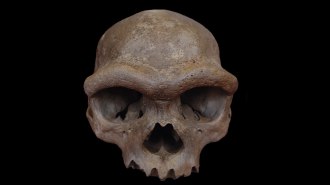 Anthropology
Anthropology‘Dragon Man’ skull may be the first from an enigmatic human cousin
Ancient proteins and DNA may peg a 146,000-year-old Chinese skull as the most complete fossil to date from Denisovans, a puzzling line of Asian hominids.
By Bruce Bower -
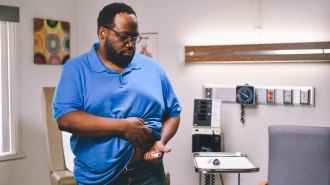 Health & Medicine
Health & MedicineA genetic test may predict which weight loss drugs work best for patients
Variants of obesity-related genes influence how much weight patients lose on specific weight loss drugs like liraglutide, two studies report.
-
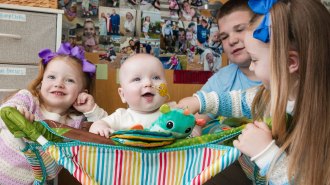 Health & Medicine
Health & MedicinePersonalized gene editing saved a baby, but the tech’s future is uncertain
The personalized CRISPR treatment could be the future of gene therapy, but hurdles remain before everyone has access.
-
 Genetics
GeneticsWhat gene makes orange cats orange? Scientists figured it out
Researchers found the gene and genetic variation behind orange fur in most domestic cats, solving a decades-long mystery.
-
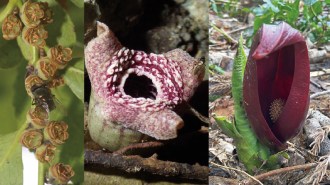 Plants
PlantsPutrid plants can reek of hot rotting flesh with one evolutionary trick
Some stinky plants independently evolved an enzyme to take the same molecule behind our bad breath and turn it into the smell of rotting flesh.
-
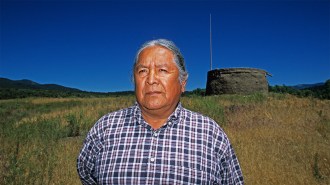 Archaeology
ArchaeologyA Pueblo tribe recruited scientists to reclaim its ancient American history
DNA supports modern Picuris Pueblo accounts of ancestry going back more than 1,000 years to Chaco Canyon society.
By Bruce Bower -
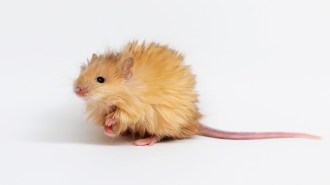 Genetics
Genetics‘Woolly mice’ were just a start. De-extinction still faces many hurdles
Scientists created transgenic mice with woolly mammoth–like traits. But does it really bring us closer to bringing back woolly mammoths?
By Jason Bittel -
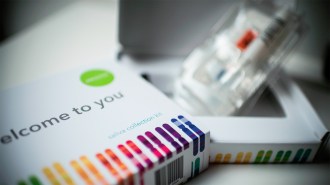 Genetics
GeneticsWhat 23andMe’s bankruptcy means for your genetic data
As 23andMe prepares to be sold, Science News spoke with two experts about what’s at stake and whether consumers should delete their genetic data.
-
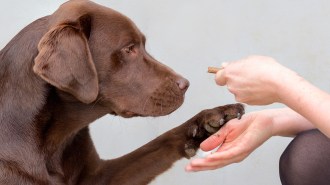 Animals
AnimalsHow a Labrador retriever’s genes might affect the dog’s obesity risk
Understanding the genetics of Labrador retriever obesity may help dog owners mitigate their best friend’s weight gain.
By Alex Viveros -
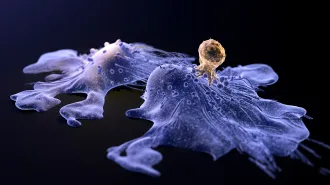 Genetics
GeneticsA child who got CAR-T cancer therapy is still disease-free 18 years later
The long-term survival of a patient with neuroblastoma suggests the personalized cancer treatment may work for solid tumors, not just blood cancers.
-
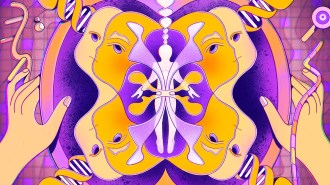 Humans
HumansBiological sex is not as simple as male or female
A recent Trump executive order defines sex based on gamete size. But the order oversimplifies genetics, hormones and reproductive biology.